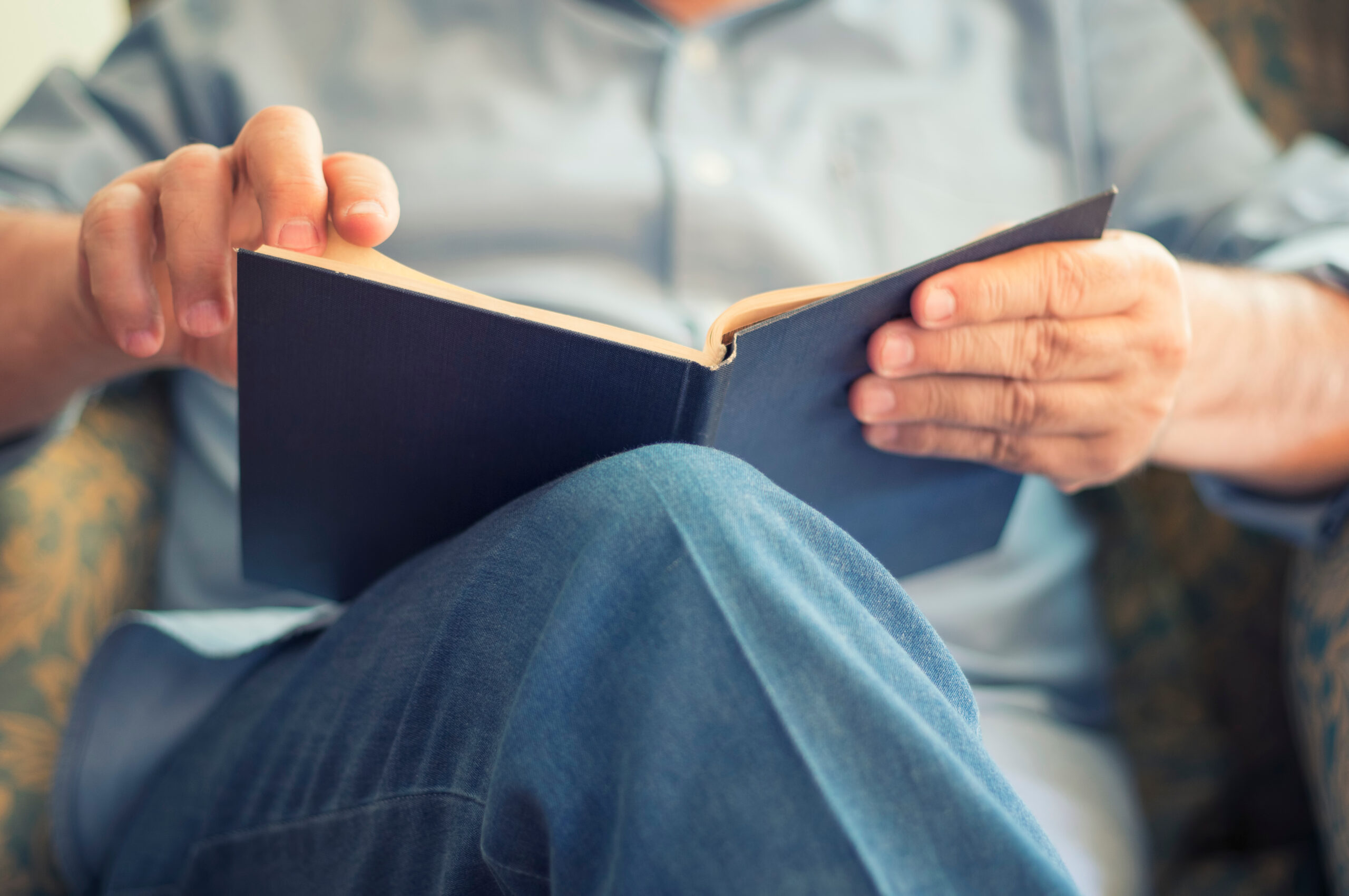Why You Should Never Ignore Heat-Wave Survival Tricks
Heat waves are more than just uncomfortable—they can be dangerous, even life-threatening. Ignoring simple survival tricks during extreme heat can put your health and well-being at serious risk. Here’s why you should never overlook these important tips.
First, heat waves can cause severe dehydration and heat-related illnesses like heat exhaustion or heat stroke. These conditions develop quickly when your body overheats and cannot cool down properly. Symptoms such as dizziness, nausea, muscle cramps, rapid heartbeat, confusion, or extreme fatigue are warning signs that need immediate attention. Acting fast by cooling down and seeking medical advice early can prevent emergencies that might otherwise require hospital visits—something especially critical for older adults who may have underlying health issues or take medications affecting their ability to regulate body temperature.
Second, staying indoors during the hottest parts of the day is crucial. Outdoor activities like gardening or exercising under intense sun increase your risk of overheating. It’s wise to reschedule these tasks for cooler times in the morning or evening—or delegate them if possible—to protect yourself from unnecessary exposure to extreme temperatures.
Third, managing your home environment plays a big role in surviving a heat wave safely without breaking the bank on energy bills. Using air conditioners wisely—such as portable units moved to where you spend most time—and keeping blinds closed during peak sunlight hours help keep indoor temperatures bearable without overworking cooling systems.
Fourth, hydration matters a lot but so does avoiding substances like alcohol and caffeine which can worsen dehydration and impair your body’s response to heat stress.
Finally, understanding how personal health conditions interact with high temperatures is vital. For example, diabetes affects blood vessels and sweat glands; some heart medications reduce sweating; both factors make it harder for your body to cool off naturally during a heat wave.
Ignoring these survival tricks isn’t just about discomfort—it could lead to serious health consequences including hospitalization or worse outcomes for vulnerable people around you such as children or elderly family members.
Taking simple precautions like staying hydrated with water (not sugary drinks), limiting outdoor exposure during peak hours, using fans or air conditioning effectively indoors while conserving energy where possible—all contribute significantly toward safety in extreme heat conditions.
In short: don’t underestimate how powerful basic survival strategies are when facing a brutal summer blast of hot weather—they save lives every year by preventing avoidable illness caused by overheating!





